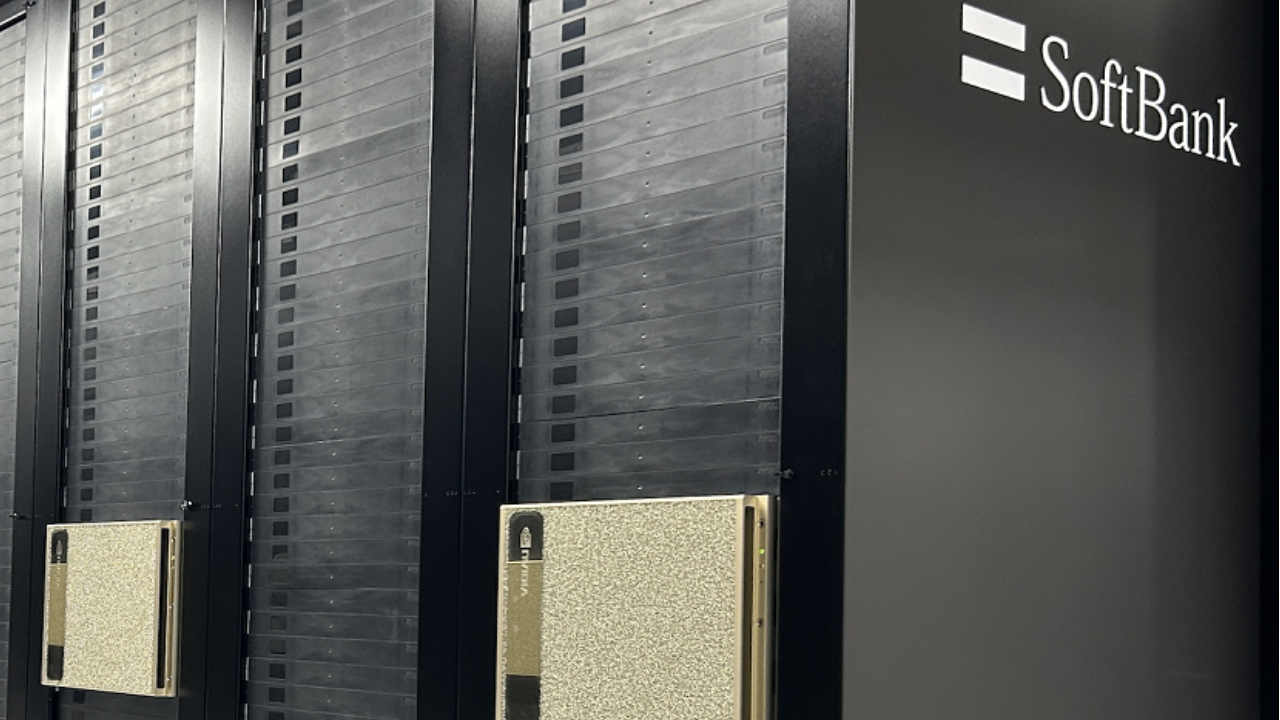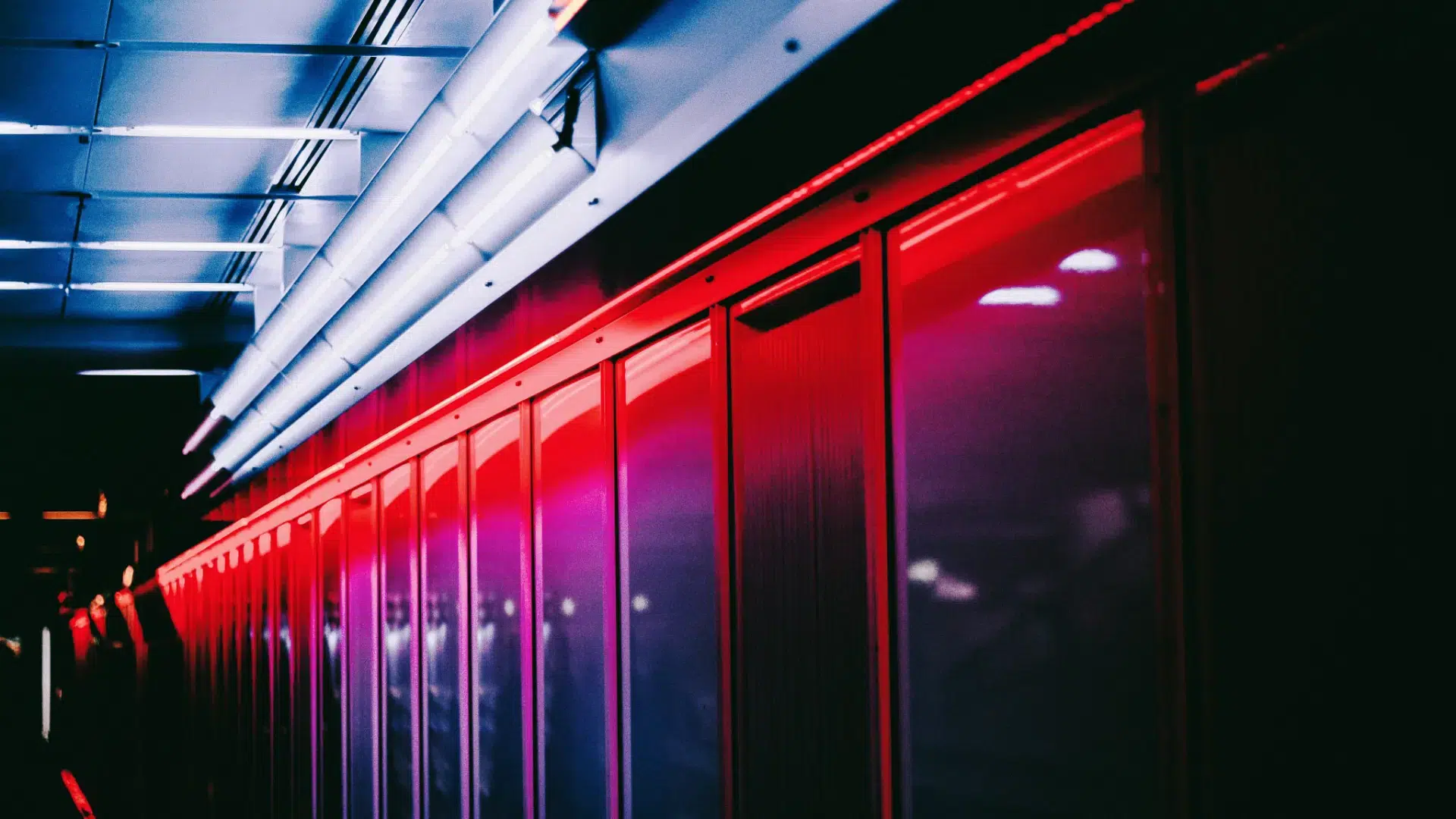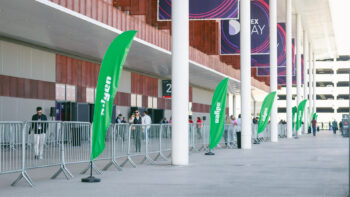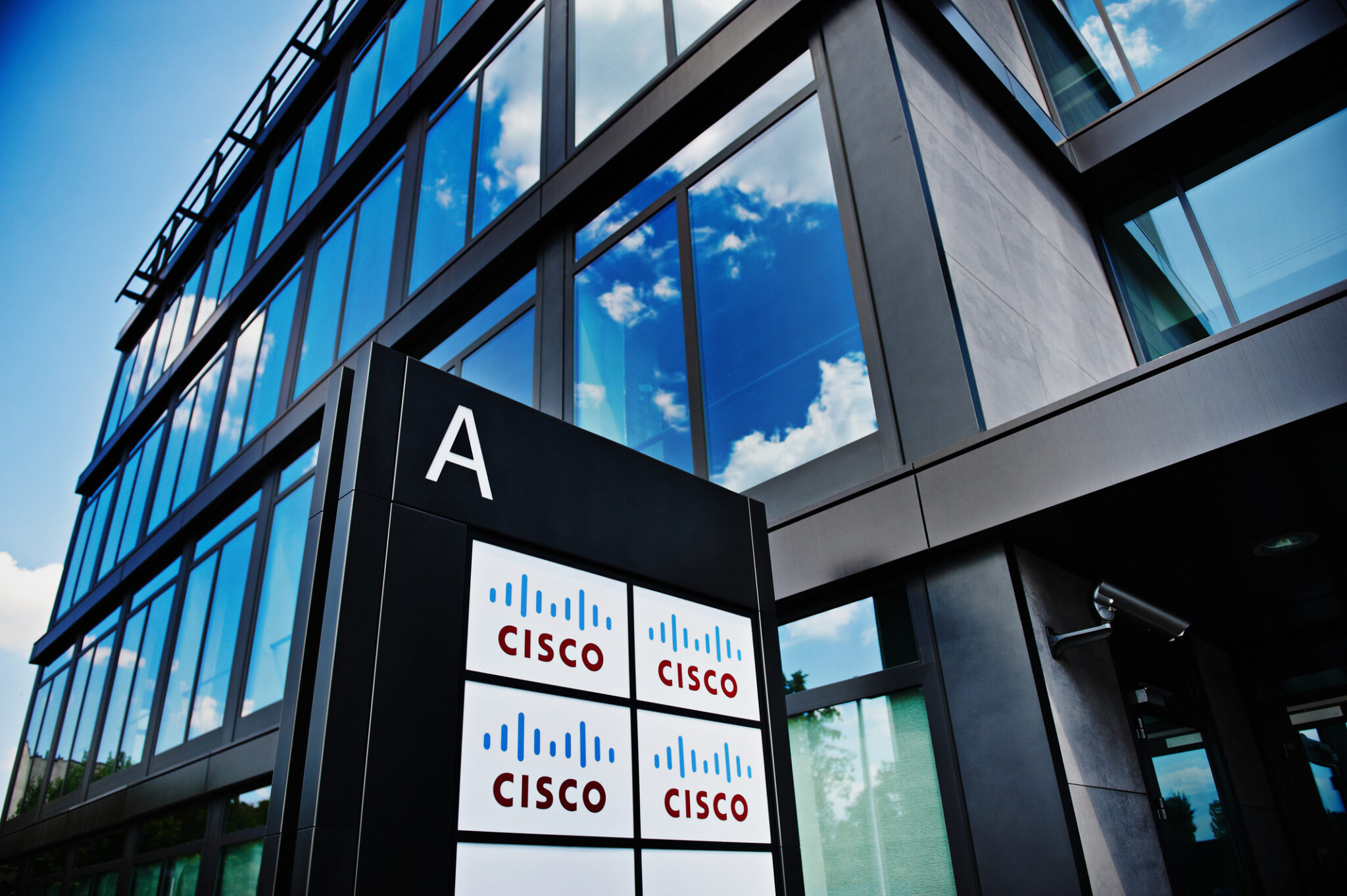SoftBank is once again betting on robotics. The Japanese conglomerate has announced that it will acquire the robotics division of Switzerland’s ABB for $5.4 billion. This is the largest deal for Masayoshi Son’s group since the collapse of the Vision Fund and a clear signal that SoftBank is back on the investment offensive – this time at the intersection of artificial intelligence and industrial automation.
ABB had originally planned to spin off its robotics division and list it on the stock market, but new CEO Morten Wierod decided to sell the entire business. This is the first major move under his leadership and an attempt to clean up the portfolio, where the electrification and process automation business had higher margins than robot manufacturing. The ABB Robotics division today employs around 7,000 people and generates annual revenues of $2.3 billion, accounting for around 7 per cent of group turnover.
Wierod explains the decision with the belief that the market is entering a new era of robotics based on artificial intelligence – and that SoftBank is best placed today to capitalise on this trend. “ABB and SoftBank share a vision of a world where AI and robotics create a new industrial quality. Together, we can shape this future,” he said in the release.
For ABB, the sale marks not only a change in strategy, but also a cash injection of more than $5 billion. The funds are to be used in line with its capital allocation policy: to invest in organic growth, automation acquisitions and shareholder returns. The company’s shares rose 3 per cent in Zurich pre-session trading after the deal was announced.
For SoftBank, on the other hand, it marks the return of one of its most ambitious projects – the combination of robotics and artificial intelligence in so-called ‘Physical AI’. The group’s portfolio already includes the humanoid Pepper, Berkshire Grey and AutoStore, but none of these investments have yet delivered a breakthrough on the scale of Masayoshi Son’s announcement. The acquisition of ABB Robotics could change this dynamic, giving SoftBank access to a global manufacturing network and advanced industrial technologies.
However, the challenges remain significant. According to the International Federation of Robotics, the number of new industrial robot installations in 2024 is expected to reach 542,000 units – almost the same as the year before. In Asia, which accounts for three-quarters of demand, companies are holding back investment due to economic uncertainty. SoftBank is therefore buying assets at a time when the market is decelerating, hoping for a rebound driven by automation and AI.
If the strategy succeeds, SoftBank could become a key player in building a new segment of the economy – combining intelligent models with physical machines. If not, the $5.4 billion deal could go down in history as another example of betting too early on the future.












